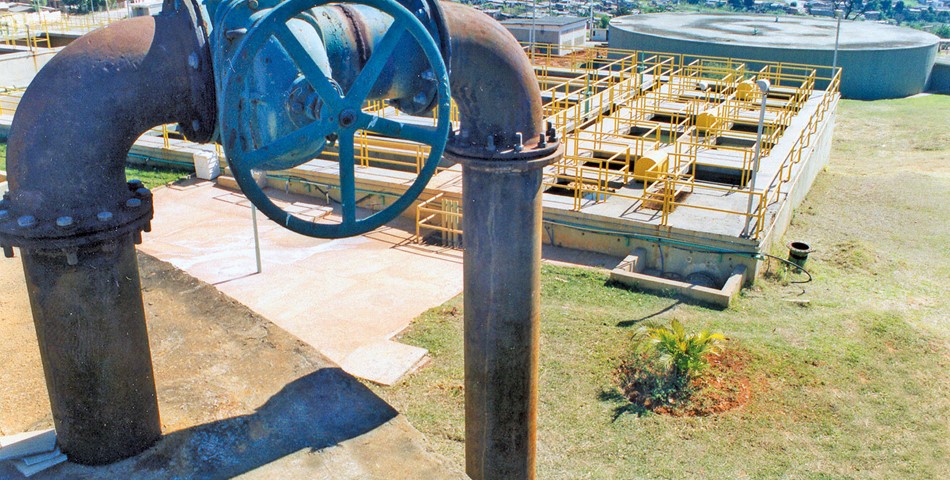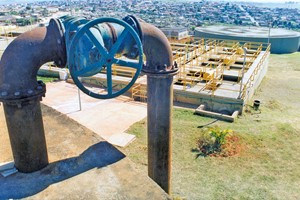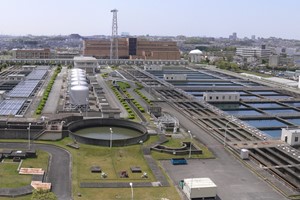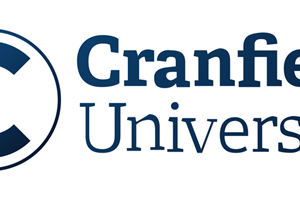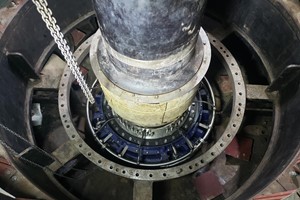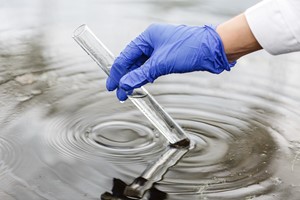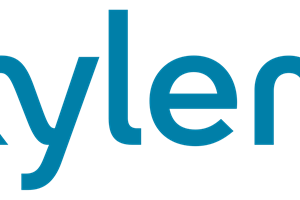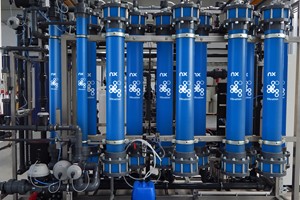The REGAIN consortium is embarking on an 18-month research project at the Garmerwolde municipal wastewater treatment plant in Groningen, The Netherlands. Collaborating with Dutch Water Board Noorderzijlvest, water technology company WLN, knowledge institute CEW (Centre of Expertise Water Technology), and North Water, the overarching goal of REGAIN is to establish a sustainable freshwater system through a circular approach.
The project aims to utilize treated wastewater effluent as a sustainable source for industrial water in the region, specifically addressing the increasing demand from industries in Eemshaven and Delfzijl. With the scarcity of drinking water and a growing need for fresh water in mind, REGAIN seeks to contribute to the region's freshwater supply.
A key focus of the REGAIN research project is the testing of innovative techniques to remove or degrade pharmaceutical residues from treated sewage water. The objective is not only to eliminate these residues but also to explore methods to upgrade treated sewage water into industrial process water. This initiative could lead to the construction of a full-scale installation at the Garmerwolde wastewater treatment plant.
The anticipated outcome of this 18-month research project, set to conclude in 2025, will determine the feasibility of implementing a comprehensive system with a projected capacity of 10 million cubic meters per year. The initiative aligns with the consortium's commitment to building a sustainable and circular freshwater system to address the growing demand for water resources in the region.
Mark Schaap, the technology manager at North Water, emphasized the significance of NX Filtration's nanofiltration membrane technology in the project. This technology has demonstrated effectiveness in blocking micropollutants, including pharmaceutical residues, while minimizing chemical and energy usage. Schaap noted that the hollow fiber nanofiltration membrane technology from NX Filtration, previously tested at wastewater plants in Wilp and Asten, is a crucial component of the project. It efficiently blocks micropollutants with minimal chemical and energy usage, and its design makes it less prone to particle contamination and easier to clean compared to traditional spiral-wound nanofiltration membranes.




